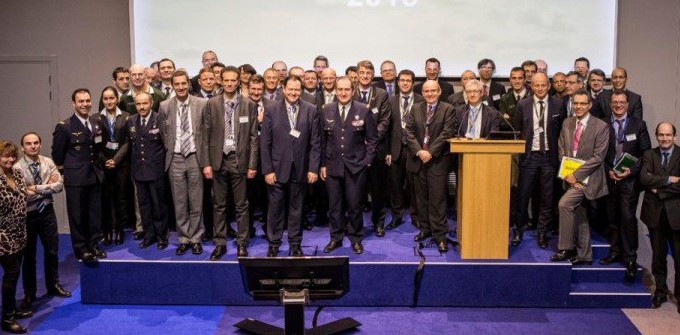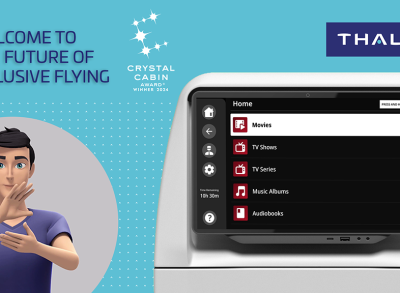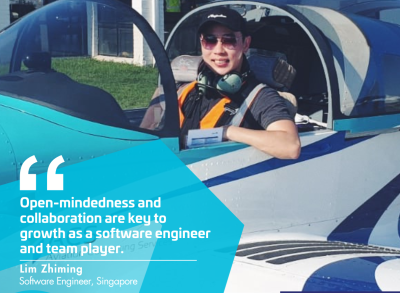Military avionics leads the way
Technologies evolve as do needs. In order to share innovations with the aerospace community, the first Military Avionics Seminar organized by Thales was held February 5.

For today’s armed forces, faced with new threats on exceptional theaters of operations, and committed to very fast interventions with an obligation to make a success of the mission, equipment availability is crucial. When joint task and inter-allied force exercises demand versatility and speed of reconfiguration, connectivity becomes essential as well as the protection of the systems against cyber-attacks.
In this context of deep and rapid transformations, with aircraft having long life cycles and with limited defense budgets, avionics systems need to perform well with high availability and integrity. Aircraft have to incorporate intuitive man-machine interfaces capable of reducing the pilots’ workload and extremely reliable flight management systems, with everything supported by powerful critical computers as well as communication, navigation and surveillance systems adapted to meet the requirements of success and security.
Over recent years, Thales has concentrated its developments around the pilot’s workload, the integrity of the exchanges, system security and the insertion of the military carriers in civil air traffic. The optimization of acquisition and evolution cycles in order to constantly master the adaptation of systems to the needs is also one of the Group’s principal concerns.
“The technologies of tomorrow are prepared today by maintaining close relations with aircraft manufacturers and by exchanging regularly with operational people", explains Benoît Couture, Director of the Military Avionic activity at Thales. “Thanks to our dual technologies we benefit also from our civil avionics experiences, which we can transpose into military avionics today by taking into account of course the specificity of the missions - hostile environments, interventions in any weather, etc. - as well as physiological constraints of the pilots”.
Less stressed pilots
How can we best adapt the workload of the pilot with missions and operational environments becoming ever more complicated? How can we help the pilot to better evaluate available resources against the requirements of the situation? The new man-machine interfaces will enable the pilot to improve situational awareness and improve connection with the outside world.
The studies conducted by Thales on the man-machine interfaces of future civil cockpits such as Avionics 2020 already contribute to the rethinking of cockpits of the military carriers, with larger screens giving global vision thanks to a better organization of the information, direct interactions on the system via tactile technologies, voice recognition, eye control along with head-up displays and embedded means for mission preparation. Numerous solutions which bring real operational gains for mission efficiency and reduce the workload of the pilot.




